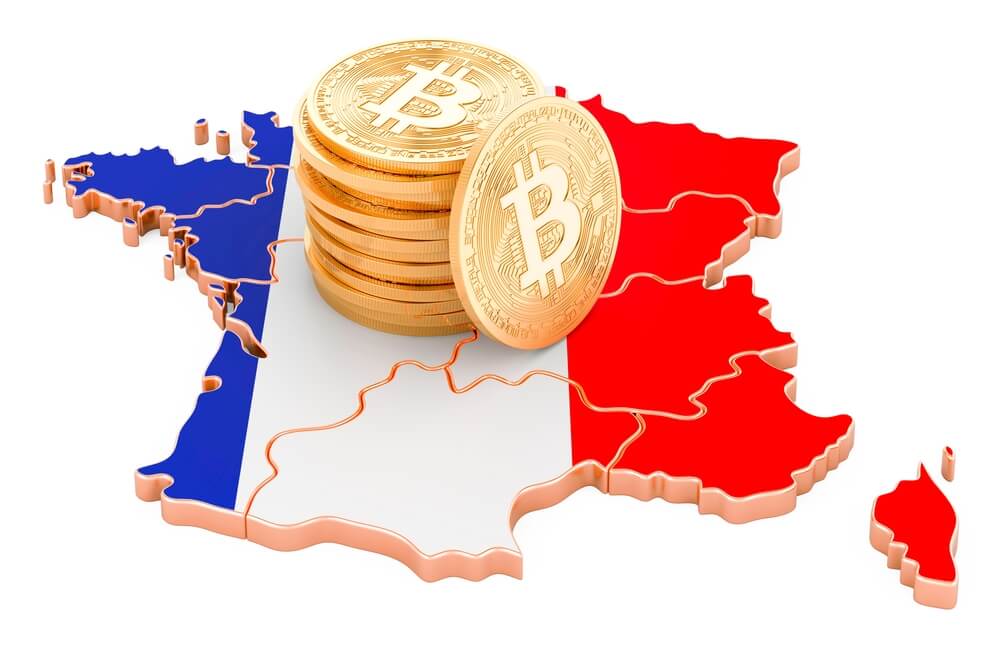The Banque de France has released a paper that provides insight into the regulatory considerations for decentralized finance (DeFi).
It also discusses the upcoming Markets in Crypto Assets regulation (MiCA). The authors of the paper argue that current regulations are inadequate in addressing the range of risks posed by DeFi, which includes various crypto asset services and technologies.
To address these concerns, the paper suggests several approaches, including regulation through certification, supervision of decentralized autonomous organizations (DAOs), and increased customer protection.
However, the authors caution that controlling the concentration of validation capacities in a DAO would be complex and that a private blockchain would require a specific regulatory framework.
“The main idea developed in this paper is that the regulation of disintermediated finance cannot simply replicate the systems that currently govern traditional finance.”
The paper also highlights the need for stablecoin regulation, which is essential to the functioning of DeFi, and suggests that an additional rule would need to be introduced to regulate the use of stablecoins in DAOs.
While the paper’s argumentation is dense, its English translation distinguishes itself with its clear language and thorough descriptions of DeFi technology and the issues it perceives with it.
Overall, the paper provides an insightful contribution to the ongoing discussion of European crypto asset regulation and highlights the need for a nuanced approach to regulating DeFi.
In Conclusion the Banque de France has contributed to the ongoing discussion surrounding European crypto asset regulation with a new paper that delves into the issues related to DeFi and the forthcoming Markets in Crypto Assets regulation.
The paper provides a well-written and clear analysis of the various risks and challenges posed by DeFi and proposes several approaches to address them. These include regulation through certification, supervision of DAOs, and increased customer protection.
The paper also highlights the need for stablecoin regulation, which is crucial to the functioning of DeFi. While the paper is dense, it provides a valuable contribution to the debate on European crypto asset regulation, emphasizing the importance of a nuanced approach to regulating DeFi.
